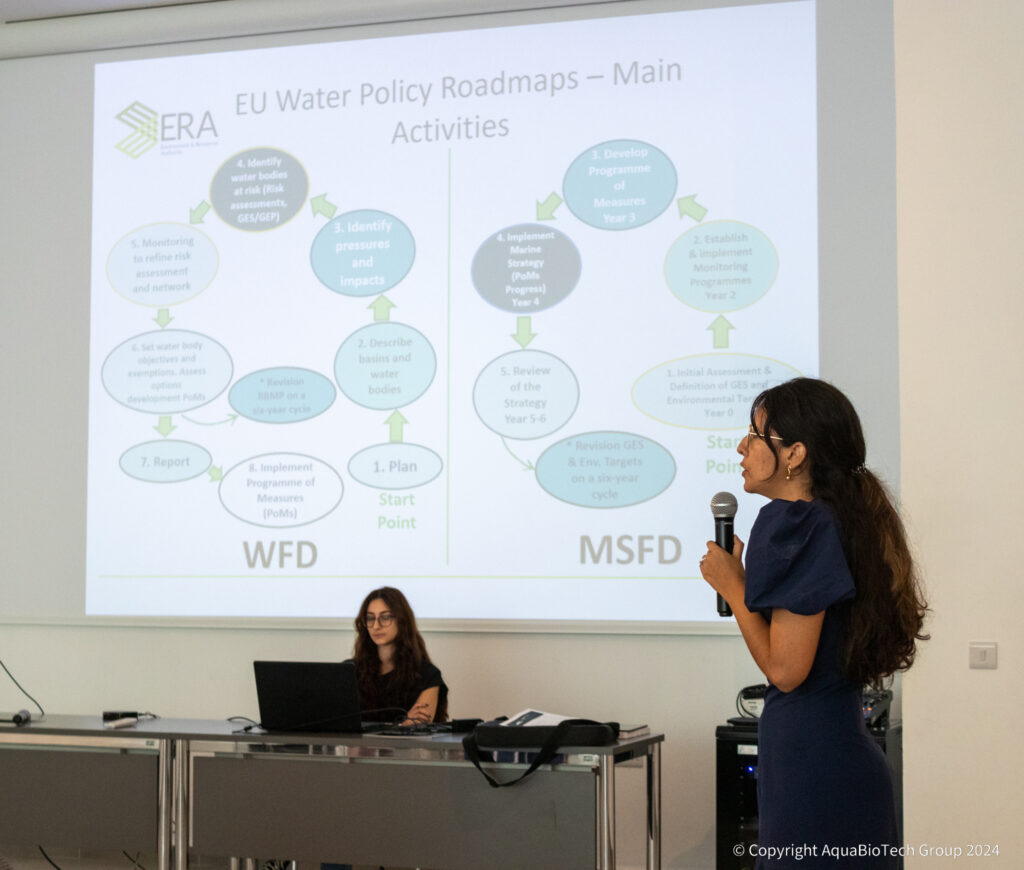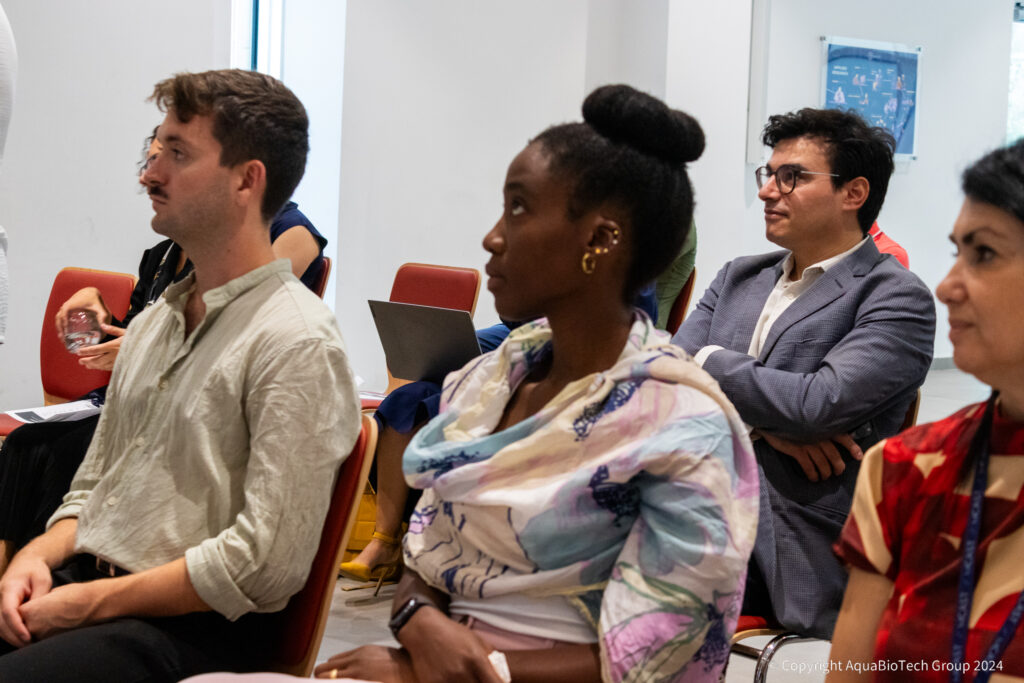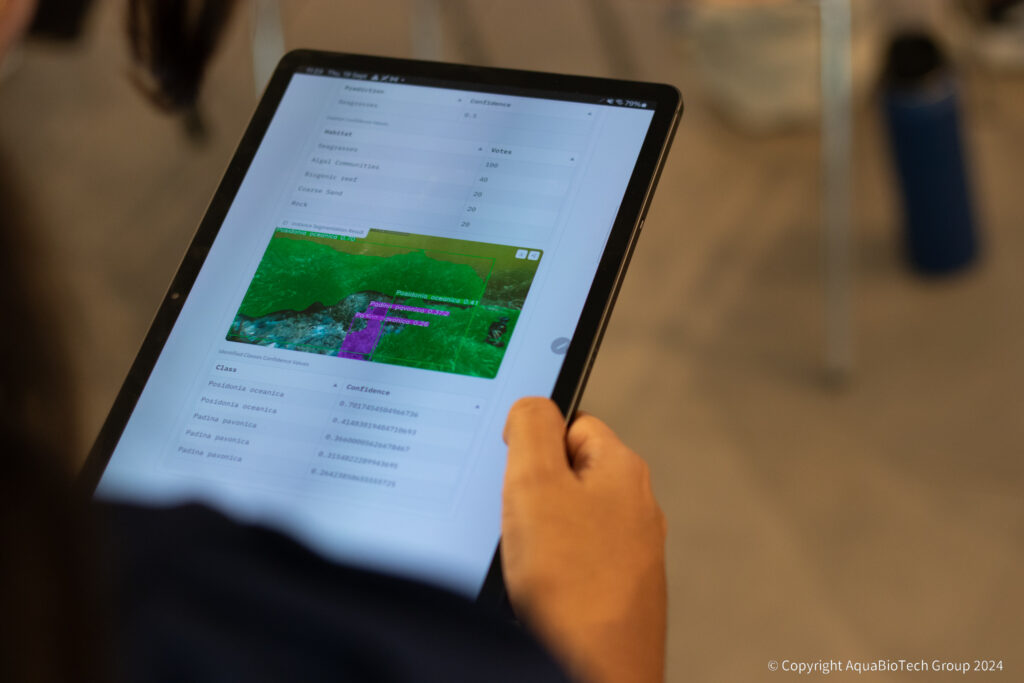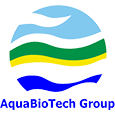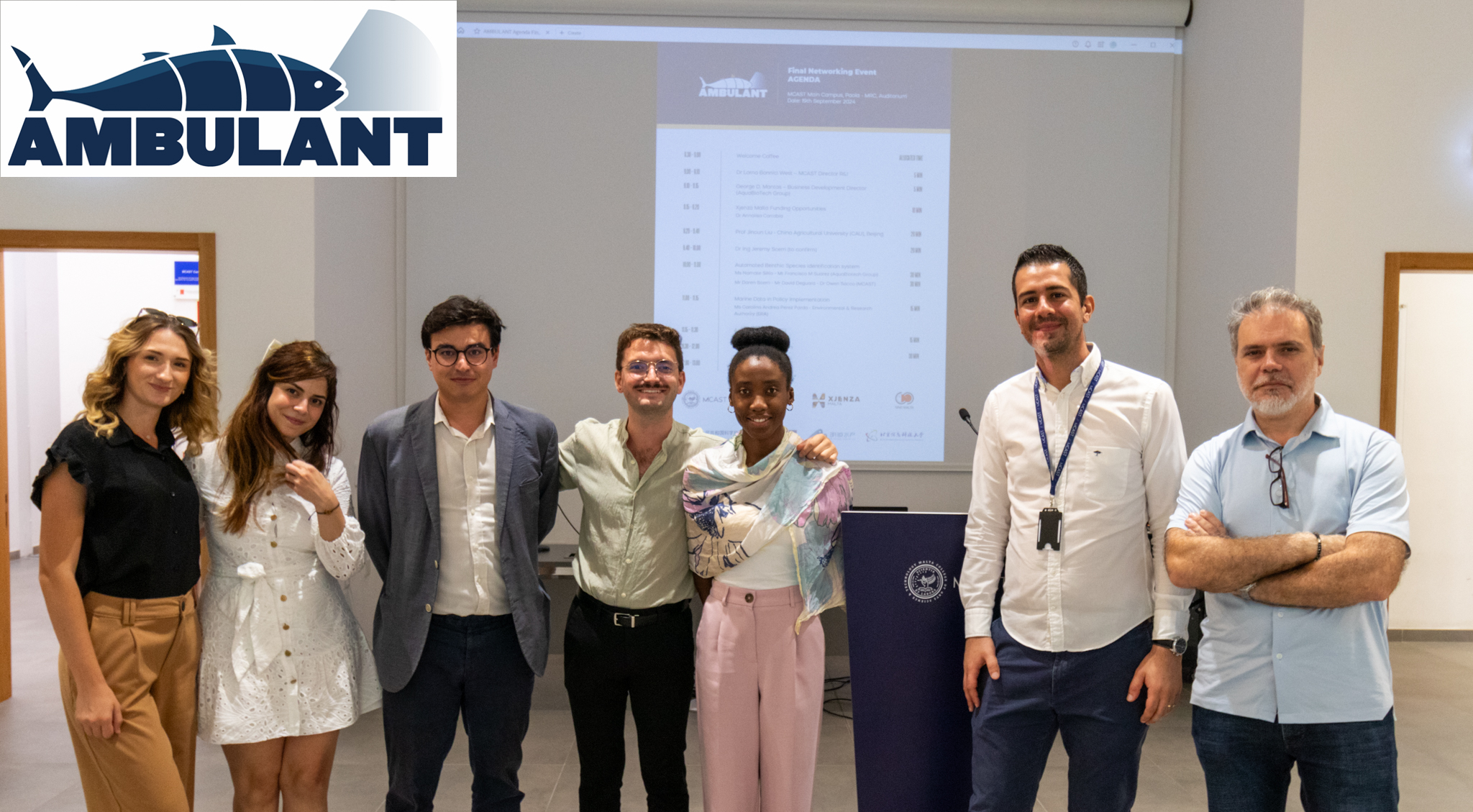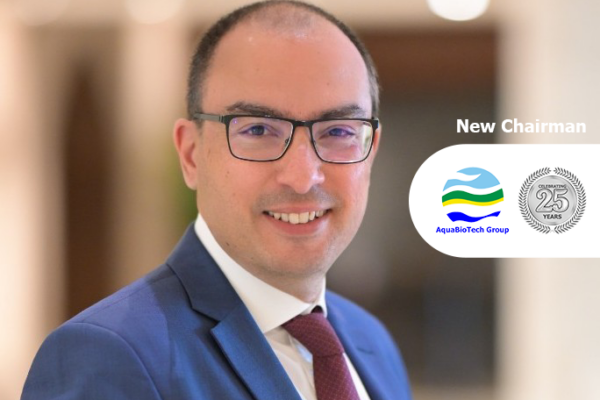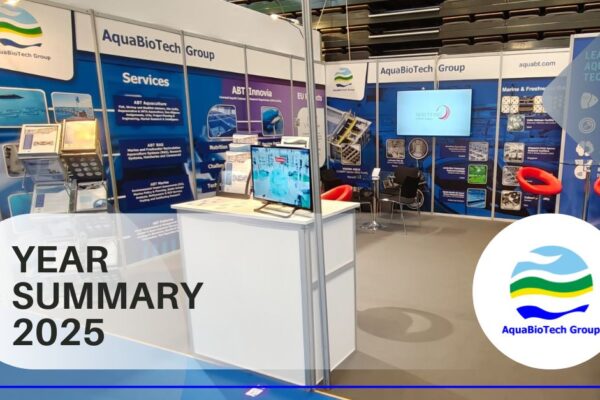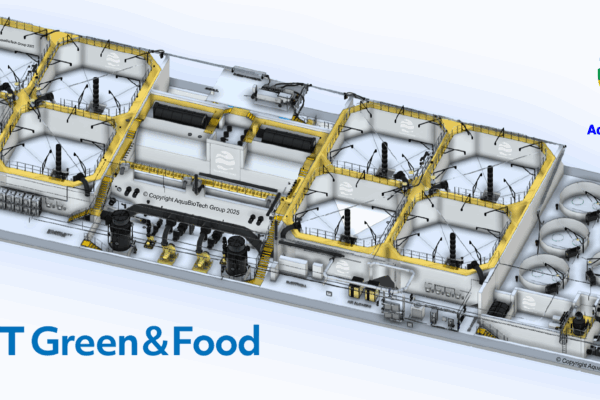We are thrilled to announce that our successful Sino-Malta cooperative project AutonoMous Bio-mimetic Underwater vehicLe for digitAl cage monitoring (AMBULANT) has come to an end – September 2024 – as we have co-organised together with our Lead partner in Malta, Malta College for Arts Science and Technology (MCAST), the AMBULANT Final Networking event that was held at MCAST Main Campus, Paola – MRC, Auditorium on 19 September 2024.
This exciting meeting was not only a great opportunity to showcase the innovative solutions and promising results of our project, but also a productive meeting platform between national stakeholders in order to establish strategic alliances and synergies, and to explore the research and commercial perspectives of our results, contributing to the digitalisation of benthic habitat identification and further conservation joint efforts.
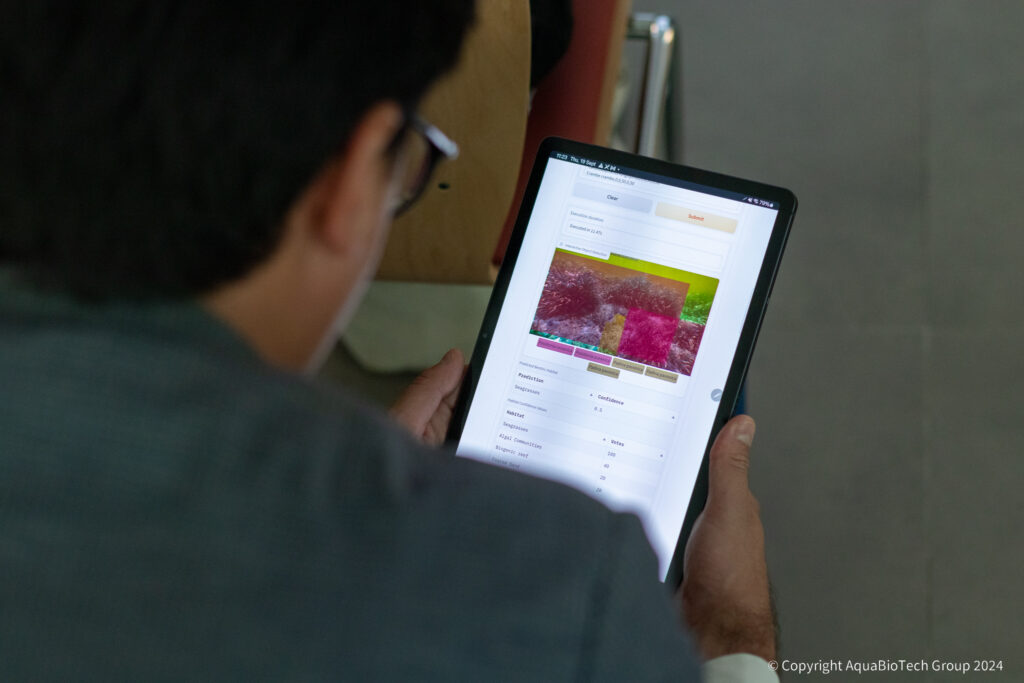
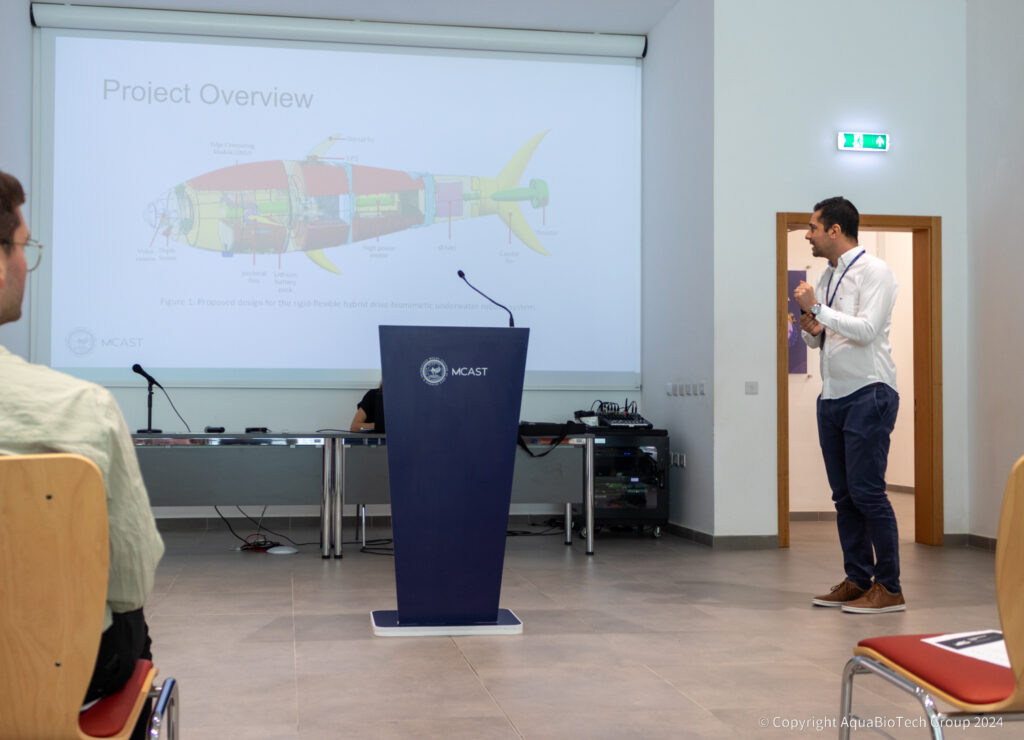
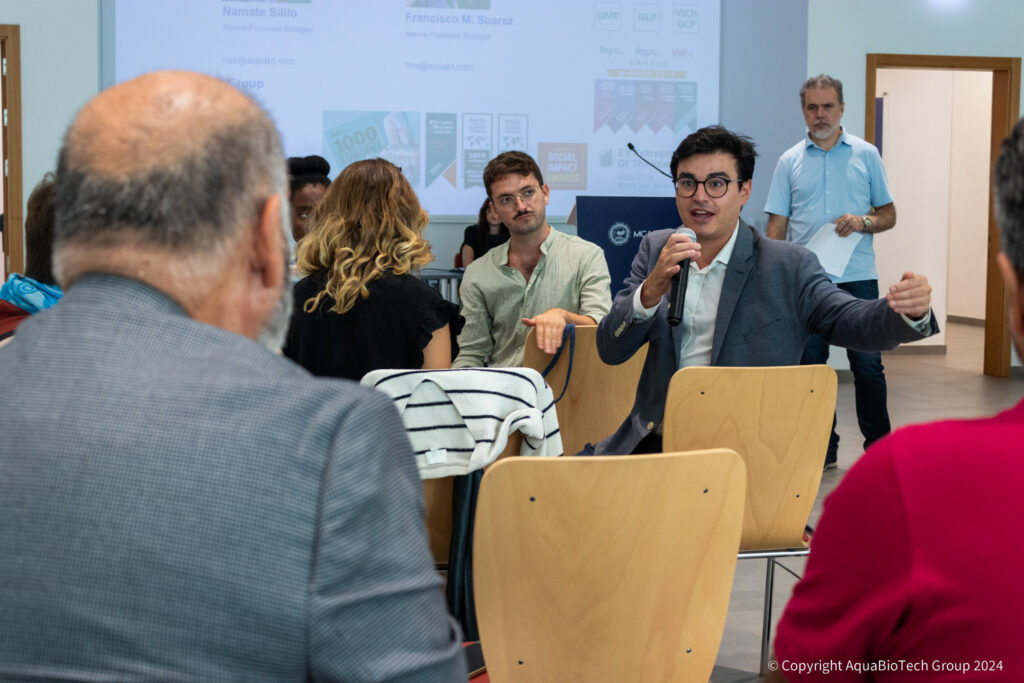
The overall aim of the AMBULANT project is to develop a dynamic monitoring system of deep-water cages through the implementation of a submersible biomimetic robot. This robotic system will incorporate state-of-the-art digital technologies to provide reliable underwater 3D positioning and localisation, Spatio-temporal warnings for water quality, fish biomass estimations and benthic identification systems.
A special focus was dedicated to the benthic habitat model in Malta, for live identification of Maltese marine benthic habitats from ROV captured video in the depth range 10-100 meters. This research task was an enriching collaborative effort between MCAST and AquaBioTech Group. This digital model dedicated to detecting and mapping benthic marine habitats would significantly decrease the expenses and time needed for identifying these habitats, benefiting marine scientists.
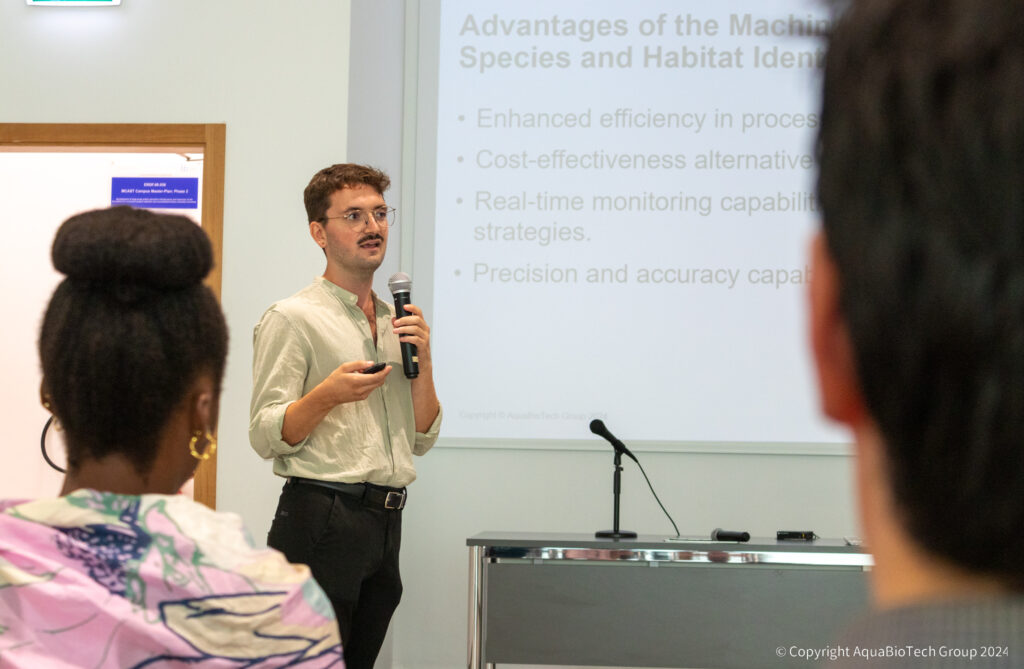
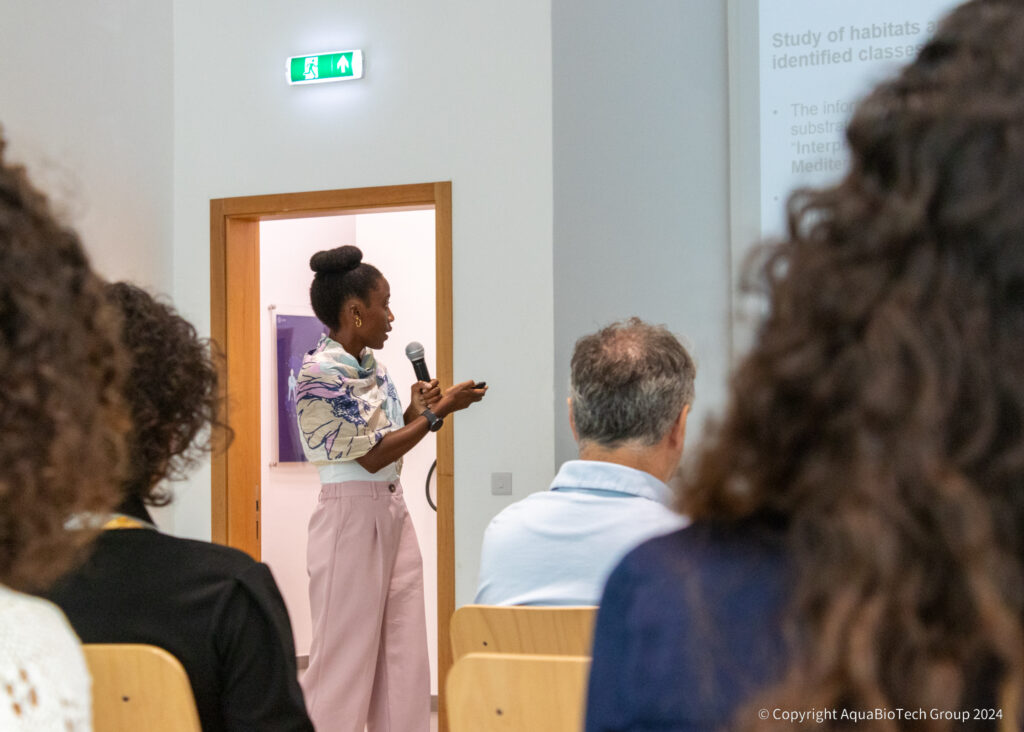
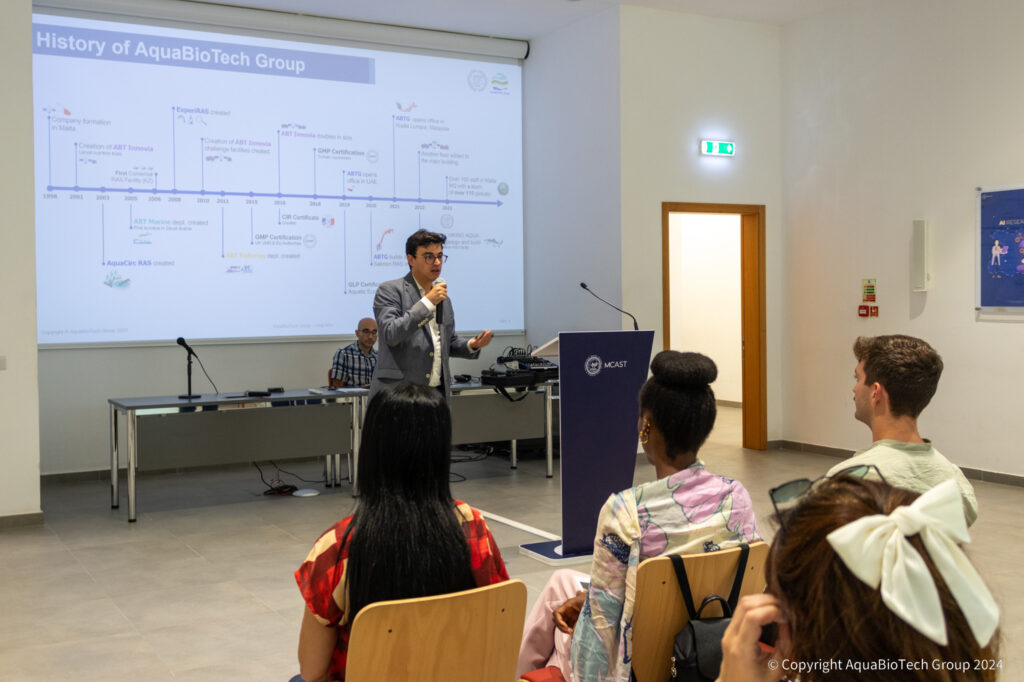
Panel discussions with researchers, national stakeholders and ERA representatives raised the need for further developing this baseline model, which could serve as a platform for early warning detection of invasive species, or as a digital conservation tool of Maltese benthic habitats, which could monitor and assess the degradation of marine environments.
Last but not least, the debate covered the future perspectives of establishing a national cluster of experts from different disciplines, spinning around policy makers, private sectors/SMEs, academia, research, NGOs and Young professionals to bridge the gaps at the national level and to co-create innovative and digital solutions, which is a vital element contributing to transdisciplinary successful cooperation.
